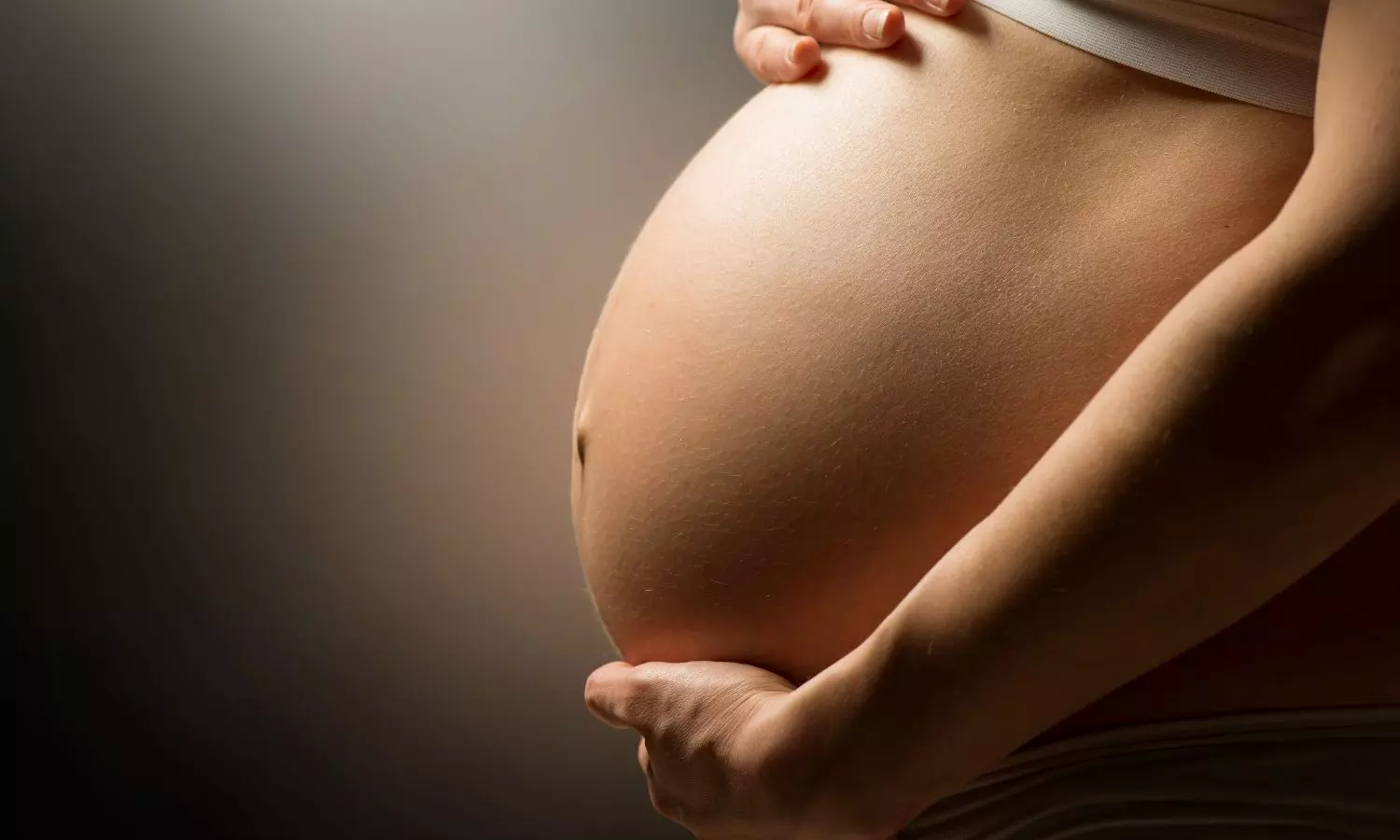Study Finds Pollution Exposure During Pregnancy May Affect Unborn Baby's Brain

Image representing pregnancy
New Delhi: A new study has found that exposure to air pollution during pregnancy, particularly in the second and third trimesters, can affect specific brain structures of unborn babies. The study, published in The Lancet Planetary Health, highlights potential links between pollution and changes in foetal brain development, including imbalances, loss of motor coordination, and delayed development.
Researchers from the BarcelonaInstitute for Global Health (ISGlobal) analysed data collected between 2018 and 2021 from 754 mother-foetus pairs. Using transvaginal neurosonography - a specialised ultrasound technique for examining foetal brain structures during the third trimester, they studied how pollution exposure correlates with changes in brain development.
The findings revealed direct associations between prenatal exposure to nitrogen dioxide (NO₂), fine particulate matter (PM2.5), and black carbon, and an increase in the volume of various brain cavities that contain cerebrospinal fluid. Notably, the study observed an enlargement of the lateral ventricles, located in each hemisphere of the brain, and the cisterna magna, situated at the lower part of the brain.
The study also detected an increase in the width of the cerebellar vermis, the central part of the cerebellum, which is crucial for balance and motor coordination. The results pointed to signs of reduced brain maturation in unborn babies exposed to these pollutants.
"During mid to late gestation, the foetal brain enters a key phase of its development, making it particularly vulnerable to external factors such as pollution," said Payam Dadvand, a researcher at ISGlobal.
"As clinicians, we are now seeing compelling evidence that even in pregnancies that appear healthy by all conventional measures, factors such as air pollution can subtly affect foetal brain development," added Elisa Llurba and Lola Gómez-Roig, clinicians at the Hospital de Sant Pau and BCNatal-Hospital Sant Joan de Déu, respectively.
Laura Gómez-Herrera, ISGlobal researcher, noted the broader implications of the study: "The point is that these differences, although small at the individual level, are indeed relevant from a population perspective, as they inform us about how pollution affects the foetal brain and its vulnerability to environmental exposures."
The researchers stressed the need for further studies to confirm these findings and called for greater awareness and education around the risks of pollution during pregnancy, both in the healthcare community and in society.


